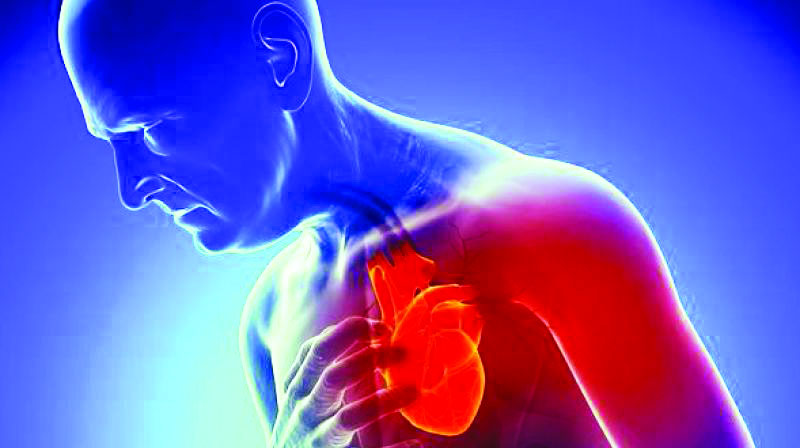Warning symptoms often precede the sudden cardiac arrest event in a large number of patients, but symptoms may be unrecognised or minimised by patients, and subsequent ascertainment of symptoms is often limited, particularly in patients who do not survive the event.
In addition, patients who have sudden cardiac arrest and are resuscitated often have a retrograde amnesia and hence do not remember events or symptoms that may have been present.
In most studies 51 per cent patients have warning symptoms within four weeks preceding SCA and 80 per cent of patients experience symptoms at least one hour before sudden cardiac arrest and 34 per cent having symptoms more than 24 hours before the arrest.
Chest pain (46 per cent), dyspnoea (18 per cent) and dizziness, fainting, or palpitations (4 per cent) are the most common symptoms, with women more likely to have dyspnoea than chest pain (31 versus 24 per cent).
Patients with symptoms concerning for cardiac disease, particularly new or unstable symptoms, should seek prompt medical care for potentially life-saving evaluation and treatment.


























